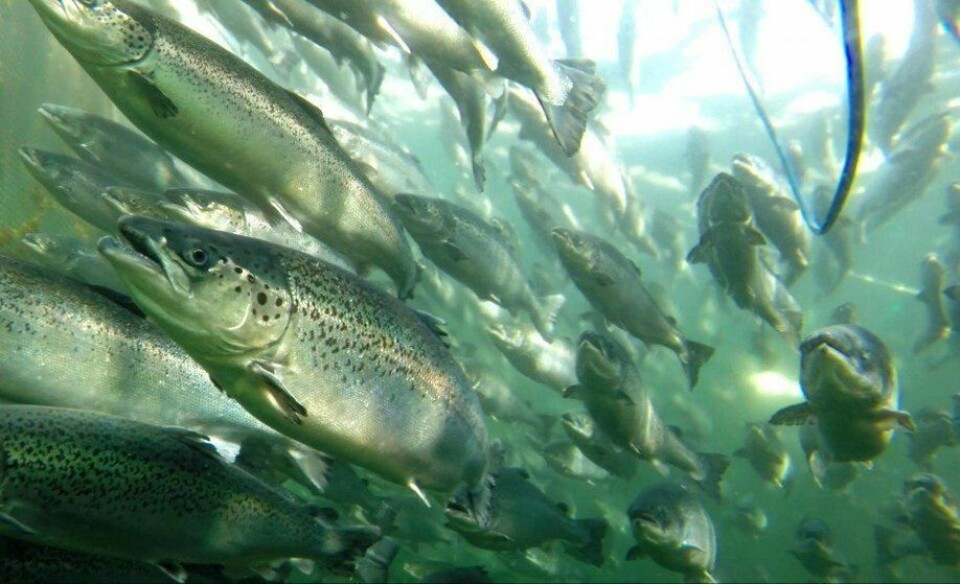
Fish must be treated as sentient, say researchers
A better understanding of the welfare of farmed fish based on the concepts of sentience and cognition is essential for care standards to be improved, researchers say.
That is one of the conclusions of a Scottish study designed to identify and strengthen best practices for animal welfare in aquaculture published by the Global Aquaculture Alliance (GAA) this week.
Researchers from the University of Stirling’s Institute of Aquaculture reviewed existing best practices in animal welfare in aquaculture, focusing on salmon as a model species.
Best practice
Study authors Sonia Rey, David Little and Maureen Ellis looked at the factors that lead to poor animal welfare, including stocking density, water flow, water quality, vaccination and grading, handling, transport, parasites and diseases, and humane slaughter.
They then identified key operating indicators (KOIs) in farmed salmon and compared them to KOIs for other farmed seafood species to determine if best practices in animal welfare in salmon could be applied to tilapia and catfish.
The researchers’ 56-page report concludes that salmon farming has increased and improved its standard procedures considerably as the knowledge base regarding site selection, basic husbandry, feed formulation and availability of genetically improved fish has developed.
Parasite control
But it points out that key issues like control of parasites and bacterial and viral infections continue to undermine both the welfare of the farmed animals and the profitability of the industry.
Handling and vaccination and water quality, transport and stunning methods also remain problematic with regards to the welfare of fish and need to be improved based on validated technology.
With regard to other species, the reports states: “One of the most worrying results, and in great contrast to the salmon industry, is the relatively limited level of nutrition development in the context of rapid intensification of both tilapia and catfish.
Ice stunning
“Live transport and the use of ice stunning are also welfare issues to be solved and further research on stress responses caused by this method in comparison with other recommended methods like electro-stunning should be investigated as well as the mitigation measures to decrease crowding and handling stress. Best Management Practices are urgently required in these areas.”
The researchers say that new molecular technologies like genetic engineering and nanoparticle development for the delivery of vaccines or immune stimulant diets will have to be considered to avoid handling and excessive chemical and antibiotic treatments in fish farming.
And they argue that future improvement on fish welfare will have to be based on the research obtained from neuroendocrine, immune and behavioural studies that evaluate the sensory world of the fish to respond to their specific needs.

Evaluating standards
GAA vice president Steve Hart said: “Consumers are starting to demand more from their seafood, and the message is very clear that animal health and welfare is one of the issues they are thinking about. They want to know that the animals have been well cared for and treated humanely.
“We undertook this project with the University of Stirling so we could evaluate our Best Aquaculture Practices (BAP) farmed salmon standards as well as our other BAP standards to find ways to improve them.”
The study was commissioned as part of a multi-phase project that began in December 2017 when the GAA was awarded a $435,000 grant from the San Francisco-based Open Philanthropy Project, primarily funded by Cari Tuna and her husband Dustin Moskovitz, a co-founder of Facebook and a multi-billionaire.
The next phase of the project is to incorporate elements of the project into BAP standards and to develop online educational content to provide best practices training to aquaculture and seafood professionals.
Read the report, Farmed Fish Welfare Practices: Salmon Farming as a Case Study, here.























































